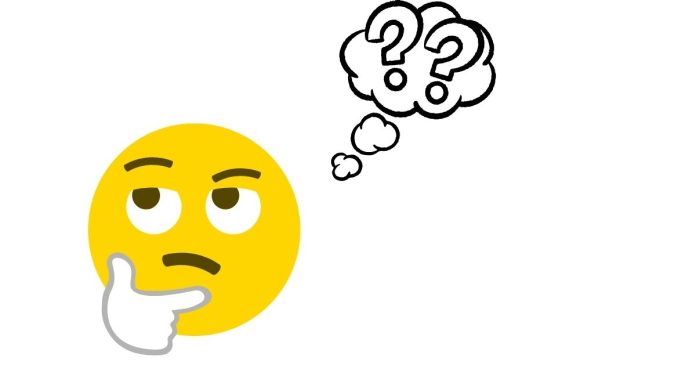The question of what happens after we die is one of humanity’s oldest and most profound mysteries, and answers vary greatly depending on spiritual beliefs, scientific perspectives, and personal experiences. Here’s a balanced overview:
1. Religious and Spiritual Beliefs
Christianity: Many believe in an afterlife, where the soul goes to heaven, hell, or purgatory based on one’s faith and deeds.
Islam: Similar to Christianity, it teaches about an afterlife involving paradise or hell, determined by one’s actions and faith.
Hinduism and Buddhism: These traditions often teach reincarnation, where the soul is reborn into a new life, influenced by karma. Ultimate liberation (moksha or nirvana) ends the cycle of rebirth.
Atheist and Secular Views: Many who reject religious frameworks view death as the end of consciousness, akin to a dreamless sleep or nonexistence.
2 Scientific Perspectives
Science approaches death as a biological process. When the brain ceases to function, consciousness as we understand it also ends. However:
Near-Death Experiences (NDEs): Some people report vivid experiences during clinical death, like moving toward a light or feeling peace. These might be explained by brain activity or oxygen deprivation, though their exact cause remains debated.
Theories of Consciousness: Some researchers speculate about consciousness as a fundamental aspect of the universe, suggesting it might not entirely cease with death, though evidence is limited.
3. Philosophical Ideas
Dualism: Suggests the mind or soul exists independently of the body and may continue after death.
Materialism: Holds that consciousness is a product of the brain, so it ceases when the brain dies.
Existential Perspectives: Many philosophers focus on the meaning of life rather than what happens after death, emphasizing living authentically and embracing life’s finite nature.
4. Personal Interpretations
What happens after death may remain unknowable, but many find comfort in their beliefs, whether in eternal life, reincarnation, or the beauty of returning to the universe in another form. Some view the uncertainty itself as a call to live fully and meaningfully.
Ultimately, what happens after death is deeply personal, shaped by culture, faith, and individual philosophy. It’s a question that invites reflection on the nature of life itself.



